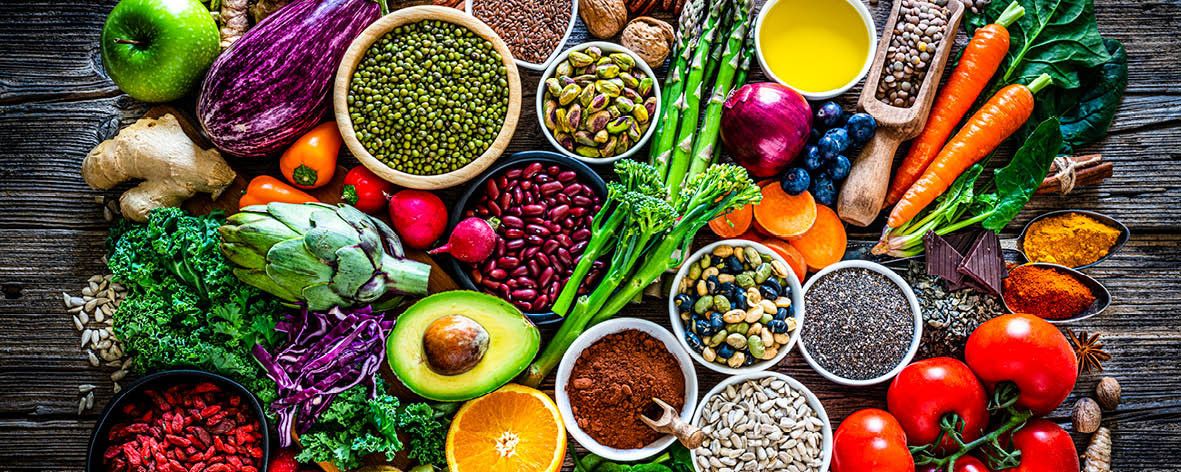Why fibre is so important … and how to get more in your diet

Fibre is an essential component of a balanced and healthy diet. Dietary fibre is found in the indigestible parts of cereals, fruits and vegetables. It plays an important role in keeping our digestive system healthy, as well as lowering blood cholesterol, stabilising glucose, keeping hunger and weight under control, and reducing the risk of heart disease and some cancers. Many Australians are not getting enough fibre in their diets which can lead to a range of problems from constipation to bowel cancer.
There are two types of fibre that are both needed in our diet, soluble fibre and insoluble fibre. They work together to create the optimum function for our digestive system.
Soluble fibre acts like a sponge, soaking up water and bulking out faeces so that it passes through the gut more easily. It also helps to slow down the rate of digestion and to lower cholesterol levels. Soluble fibre can be found in fruit, vegetables, oat bran, nuts, seeds, barley, beans, lentils, legumes, flaxseed, psyllium, soy milk and soy products.
Insoluble fibre speeds up the time that food passes through the gut, helping with regular bowel movements. By adding bulk to faeces and preventing constipation, insoluble fibre is a crucial component to our digestive health. Good sources of insoluble fibre are wheat bran, corn bran, rice bran, nuts, seeds, the skins of fruit and vegetables, dried beans, and wholegrains.
Whilst fibre is important at all life stages, it is particularly important for older people as the digestive system slows as we age. So how much fibre do we need?
|
Adult male |
30 grams fibre per day |
|
Adult female |
25 grams fibre per day |
|
Female 14 -18 years |
22 grams fibre per day |
|
Female 9 – 13 years |
20 grams fibre per day |
|
Male 14 -18 years |
28 grams fibre per day |
|
Male 9 – 13 years |
24 grams fibre per day |
|
Children 4 – 8 years |
18 grams fibre per day |
If you are struggling to increase your fibre intake try these ideas:
· Add fibre to breakfast with cereals that contain barley, wheat or oats
· Choose multigrain or wholemeal breads
· Opt for brown rice
· Add an extra vegetable to your dinner
· Choose snacks like fruit, dried fruit, nuts and wholemeal crackers
When increasing fibre, you should make gradual changes to avoid negative side effects like abdominal pain or wind. Ensure that you stick to the daily fibre recommendations as very high-fibre diets can result in decreased absorption of important minerals.
If you need advice or help about fibre in your diet, please speak to your GP or a registered dietitian.

